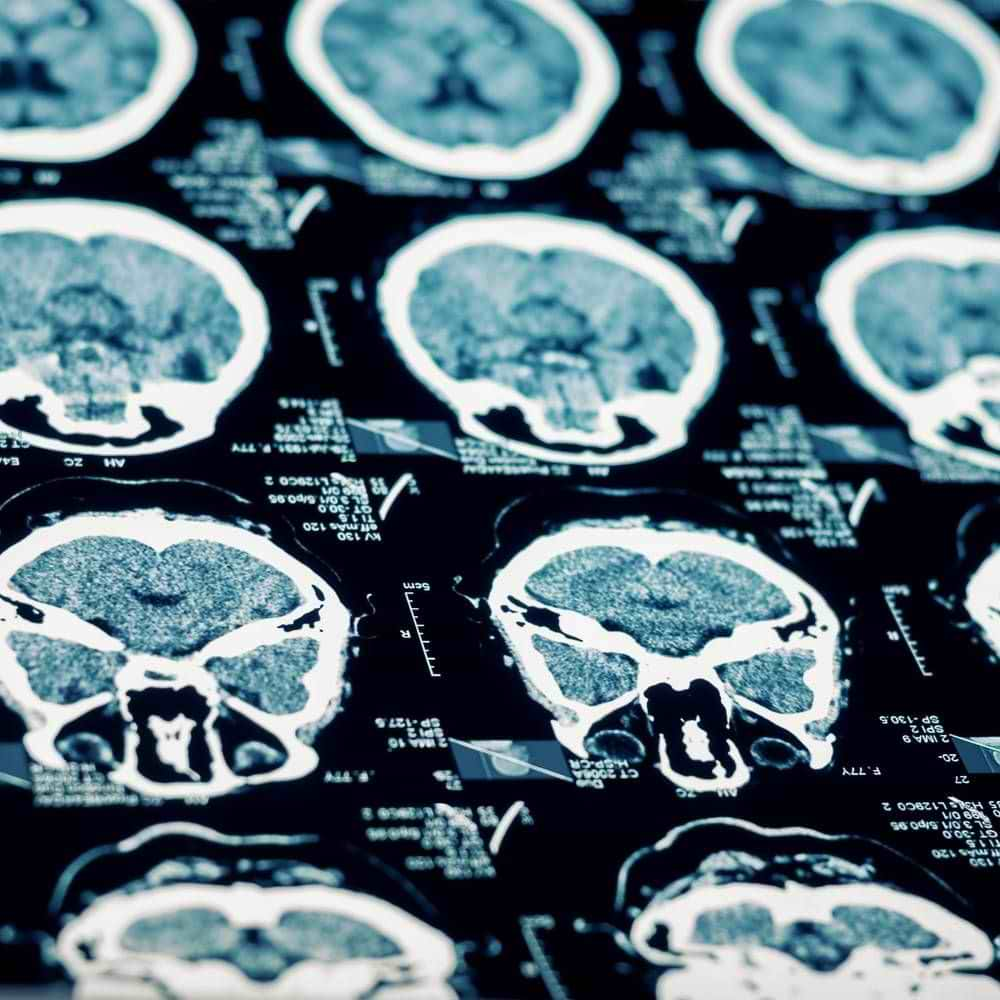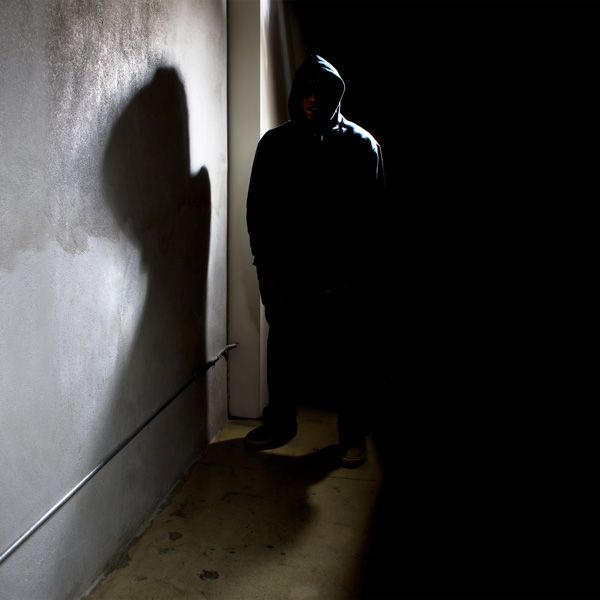
Brain Injury Lawyer
If your TBI is the result of another person or party’s negligence, a brain injury lawyer can help you hold them financially responsible. Why hire the brain injury lawyers at Quick Law Group, PLLC, in Bellevue, WA?
Rebuild Your Life With the Help of Our Legal Advocates
Recover Compensation
A severe TBI can have an enormous impact on your life. If you or a loved one have been diagnosed with a TBI that resulted from someone else’s carelessness, an attorney can help you pursue compensation so that you can focus on physical and mental recovery. We work with neurologists and neuropsychologists who can illustrate the extent of your losses and help us collect the amount of restitution you are truly owed.
Avoid Accepting a Low Settlement
The cause of your injury may not be immediately apparent, so you should never accept a settlement from an insurance company until you speak to a lawyer. By settling your case before the full extent of your injuries is apparent, you risk becoming ineligible for compensation in the future.
Hold the Responsible Party Accountable
While some injuries are simply the result of unpredictable accidents, many TBIs can be traced back to an act of negligence: a careless driver can run a red light or a football coach may fail to implement the proper protocol for their players. Our attorneys in Bellevue can build a strong case against the liable party.
A Legal Strategy Tailored to Your Needs
Our team of lawyers are graduates of the invitation-only Gerry Spence Trial Lawyers College who can tailor your legal strategy to your personal needs and the unique circumstances of your case.
We're Not Afraid to Go to Court
Our Bellevue personal injury attorneys have dealt with many brain injury cases, and we know how to handle your case to reach the best possible outcomes. Our attorneys are fearless when it comes to achieving justice on behalf of clients. If we find that a settlement does not adequately cover your expenses, we will never hesitate to go to court.
An Tragically Common Injury
*According to the Centers for Disease Control and Prevention
Do you have grounds to file a TBI lawsuit?
Was Your Injury Caused by Recklessness or Negligence?
You may have a case if it can be proven that your injury involved:
"Five Stars Is Not Enough."
Five stars is not enough. I contacted the Quick Law Group after my first lawyer failed several times to respond to my inquiries. From the first day we spoke, until the case was completed, the lawyers at this firm were very responsive, sympathetic and extremely professional. In addition to keeping me well informed, they explained all of the legal and medical issues in plain English...
I am in my sixties and have dealt with the many members of the legal profession throughout my adult life. I can say without question, should the need arise you will be smart to read about the others, and then hire the Quick Law Group!
My wife had PTSD after a really bad crash. She hated dealing with anything related to her crash because it added onto her anxiety. Another attorney she had spoken to said she would have to do this or that, thus leading to more anxiety, whereas Matt Quick took care of everything, thus putting her at ease. It was also very important for my wife to hire someone whom is honest and fair, while looking out for his or her client's best interest. She didn't want to hire the next attorney who plans on milking the insurance company. She wanted someone honest. Matt was just that guy. He was also very thorough and communicated everything very well. It was such a relief for my wife to have someone she could trust handle everything for her.
Schedule a Consultation
At Quick Law Group, our team of lawyers is prepared to go to trial to make sure you get the compensation you deserve. We have handled hundreds of personal injury and wrongful death cases, giving us the insight and skill that is needed to obtain a favorable outcome. You can learn more about your legal options during a free consultation at our Bellevue, WA, office.
If you or a loved one has suffered a head injury, we invite you to schedule a free consultation. Contact us online or call our personal injury lawyers at:
(425) 576-8150

Is a traumatic brain injury really that serious?
How Soon Do I Have to File a Lawsuit?
Contact Quick Law Group, PLLC
If you or a family member suffered a serious injury at the hands of another party or person, you may be eligible for a personal injury claim. Our brain injury lawyers in Bellevue, and the greater Seattle area, are leaders in their field who graduated from the exclusive, invitation-only Gerry Spence Trial Lawyers College. In order to establish liability and attempt to recover compensation from the at-fault party, our injury attorneys will begin by fully investigating the cause of your brain injury. To get started working with our brain injury attorneys, book a free case review today. You can contact us online or call us at:
(425) 576-8150
Costs Associated with TBI
The lifetime economic cost of a severe TBI in 2010 was estimated to be approximately $76.5 billion.
Centers for Disease Control and Prevention
Causes of Traumatic Brain Injury
A traumatic brain injury (TBI) occurs in varying degrees when sudden trauma causes damage to structures of the brain. TBI can occur by blunt force, cranial penetration, or rapid acceleration/deceleration motion. Thus, impact to the head is not necessary to sustain a brain injury. According to the Centers for Disease Control and Prevention, falls and motor vehicle accidents account for most TBIs in the United States.
Falls
According to the CDC, falls are the most common cause of traumatic brain injury. Falls can lead to serious injuries, including concussions or catastrophic brain injury that results in lifelong disability. Circumstances that can lead to TBI from falls include:
- Elevated work sites, such as booms, scissors scaffolding, or mast lifts
- Use of ladders
- Improperly maintained stairways, walkways, or parking lots
Depending on the circumstances that lead to the fall, our injury attorneys may file a claim against an employer, property owner, or another party. In many cases, falls occur at a person's job. It is important to contact our brain injury attorneys in Bellevue so that you know your rights when it comes to filing a personal injury suit versus a workers' compensation lawsuit.
Car Accidents
Car accidents are the second leading cause of traumatic brain injury. Unfortunately, brain injuries are not always visible, and it can be easy to miss the early signs. If you have been in an accident, make sure to visit a doctor as soon as possible. The sooner you receive a diagnosis, the sooner you can make a decision about whether to pursue a lawsuit against the party responsible for your accident and traumatic brain injury.
If your injury resulted from a collision with a negligent, reckless, or drunk driver, we may pursue a claim against the driver and the driver's insurance company.

Assault
An assault on another person can carry criminal or civil charges. Our lawyers in Bellevue can file a civil suit against the perpetrator to help you or your loved one obtain compensation for the physical and emotional damages caused by the assault and resulting head injuries. By filing a personal injury lawsuit, you can recover financial compensation for medical bills, the cost of lifelong care, and other expenses related to the injury.
Medical Malpractice
Medical malpractice can easily result in brain injury. Circumstances such as the failure to diagnose or failure to provide timely care can result in a lack of oxygen to the brain and other injuries. In order to obtain damages in a medical malpractice suit, we have to show that the medical practitioner or institution failed to provide you or your loved one with the appropriate standard of care. If malpractice contributed to your TBI, our attorneys may file a lawsuit against the medical institution, doctor, or another medical professional.
:quality(70)/https://d3b3by4navws1f.cloudfront.net/471118685.jpg?fit=crop)
Sports Accidents
Without proper protection, sports can cause traumatic brain injury. Many sports are inherently risky, from team-oriented sports like soccer and combat-focused wrestling, to activities like skateboarding and bicycling. American football, in particular, has a high rate of former players with permanent brain disorders resulting from TBIs.
This danger is severely compounded when the sports league, coaches, or medical staff fail to implement safety protocol, recognize symptoms, or look out for players’ safety. With a personal injury lawsuit, our lawyers in Bellevue can hold negligent parties liable.
Responsive, Sympathetic & Professional
"From the first day we spoke, until the case was completed, the lawyers at this firm were very responsive, sympathetic and extremely professional. In addition to keeping me well informed, they explained all of the legal and medical issues in plain English." Neville Cramer






:quality(70)/https://d3b3by4navws1f.cloudfront.net/shutterstock_570241147.jpg)
:quality(70)/https://d3b3by4navws1f.cloudfront.net/shutterstock_127769648.jpg)
:quality(70)/https://d3b3by4navws1f.cloudfront.net/shutterstock_83787097-bw.jpg?fit=crop)
:quality(70)/https://d3b3by4navws1f.cloudfront.net/668481628.jpg?fit=crop)


